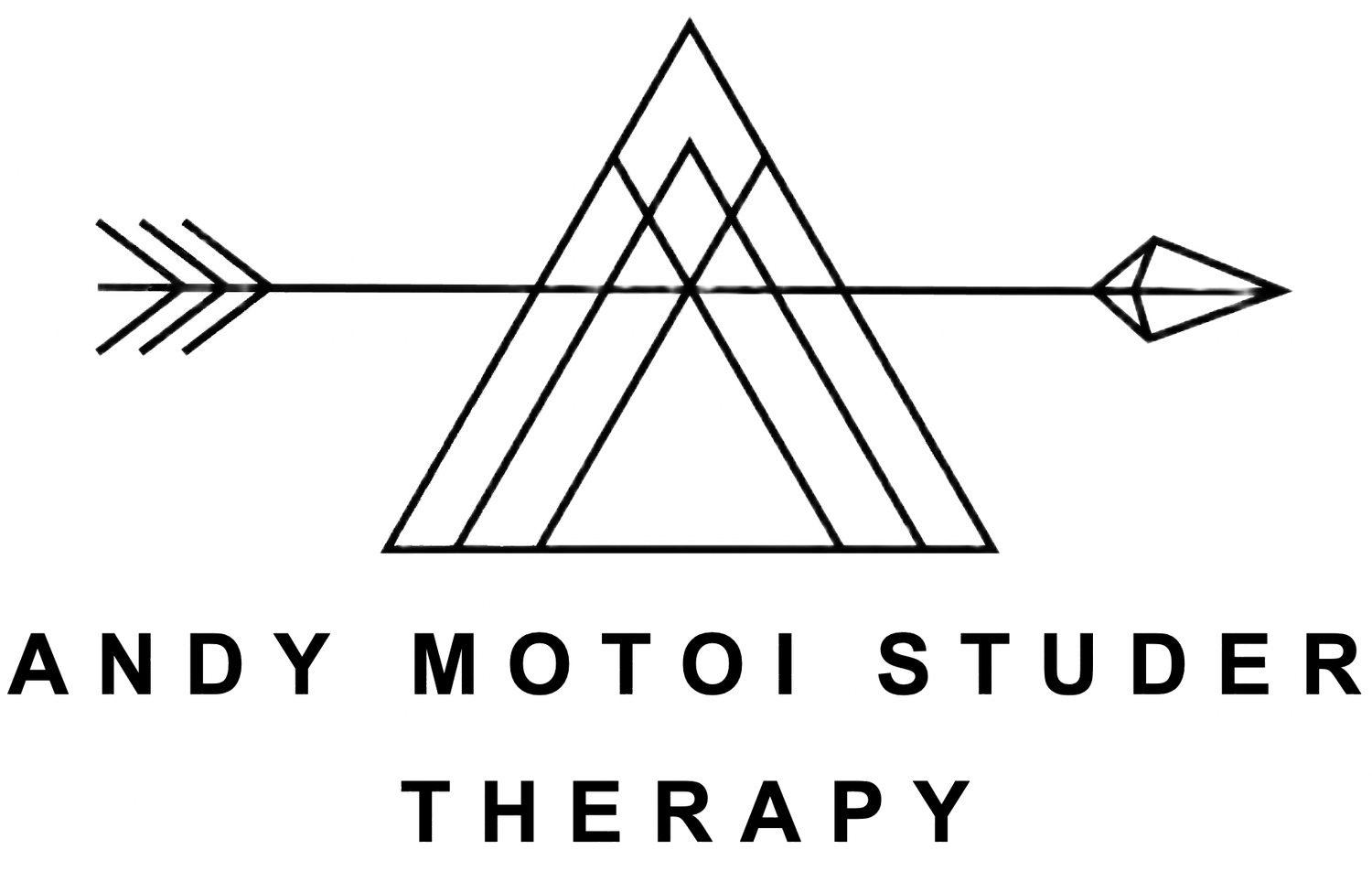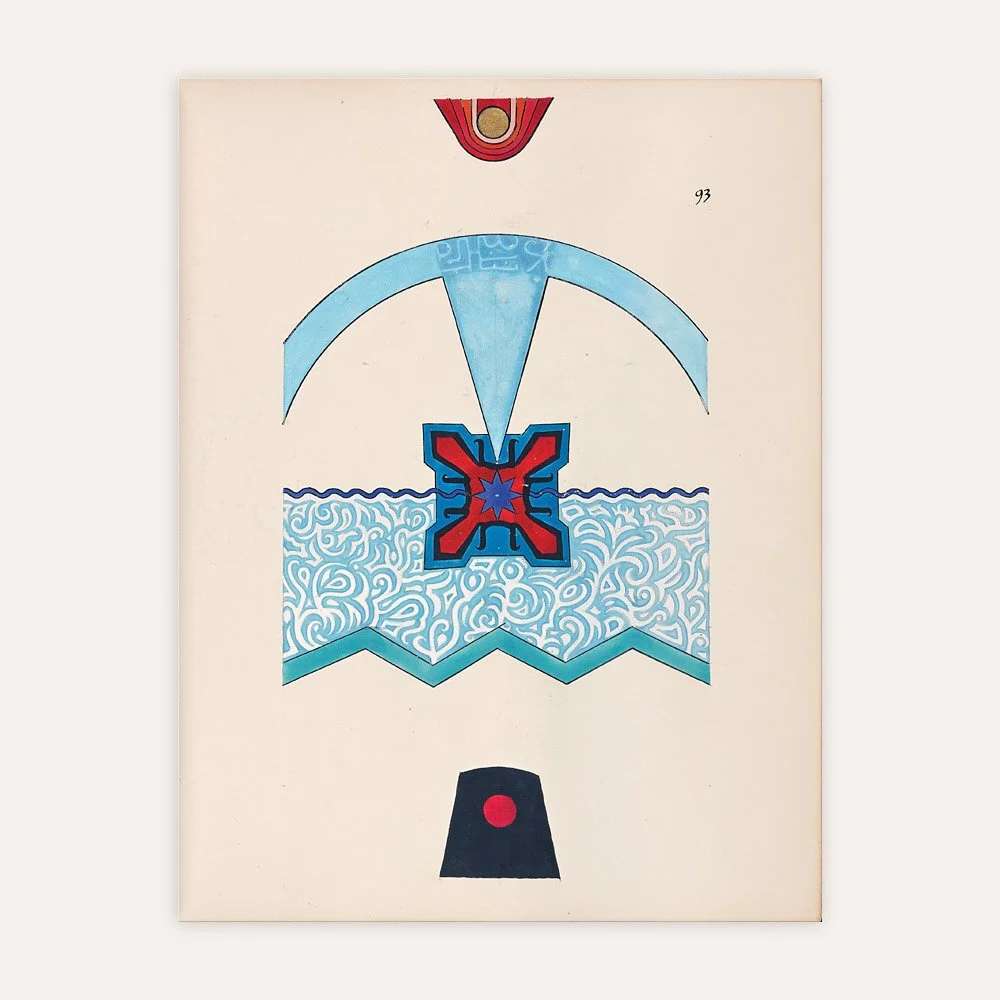Depth Psychology
Depth Psychology & the Creative Process
“The intensity of the need reflects the immensity of the world the child comes from.” – James Hillman
The creative process often brings us into contact with deep and sometimes conflicting parts of the psyche—parts that long to express, to perfect, to hide, to be seen. For many artists, performers, and creatives, the inner world is rich but not always easy to navigate. There may be moments of inspiration followed by paralysis, perfectionism, imposter feelings, or the urge to abandon a project altogether.
From a depth psychology perspective, these struggles aren't just obstacles to be managed—they’re meaningful signals. The blocks we encounter often carry messages from the unconscious, tied to early relational experiences, internalized ideals, or archetypal patterns. Talking through your creative life can offer more than symptom relief; it can provide insight into the personal and collective forces shaping your work.
I understand the intensity that can accompany high standards and ambitious visions. Whether you feel obsessive about details, scattered across multiple ideas, or stuck in avoidance, this is a space where we can explore what’s underneath—gently and with curiosity. Together, we can make room for both the struggle and the spark.
This work isn’t about fixing you. It’s about helping you become more fully in touch with your creative voice, your inner figures, and the deep narratives that shape your process
How Depth Psychology Works
While many people say that they cannot remember their dreams the following day, Jungian therapy acknowledges that dreams are a constant and ongoing process. Jungian therapy is an intentional exploration around images, and the significance of images in your personal life.
If you ever experienced something that felt too significant to be a coincidence, chances are you experienced synchronicity. This acknowledges the significance of our daily happenings on a spiritual level.
Jungian therapy also acknowledges the existence of the inner masculine and the inner feminine, known as the animus and the anima.

